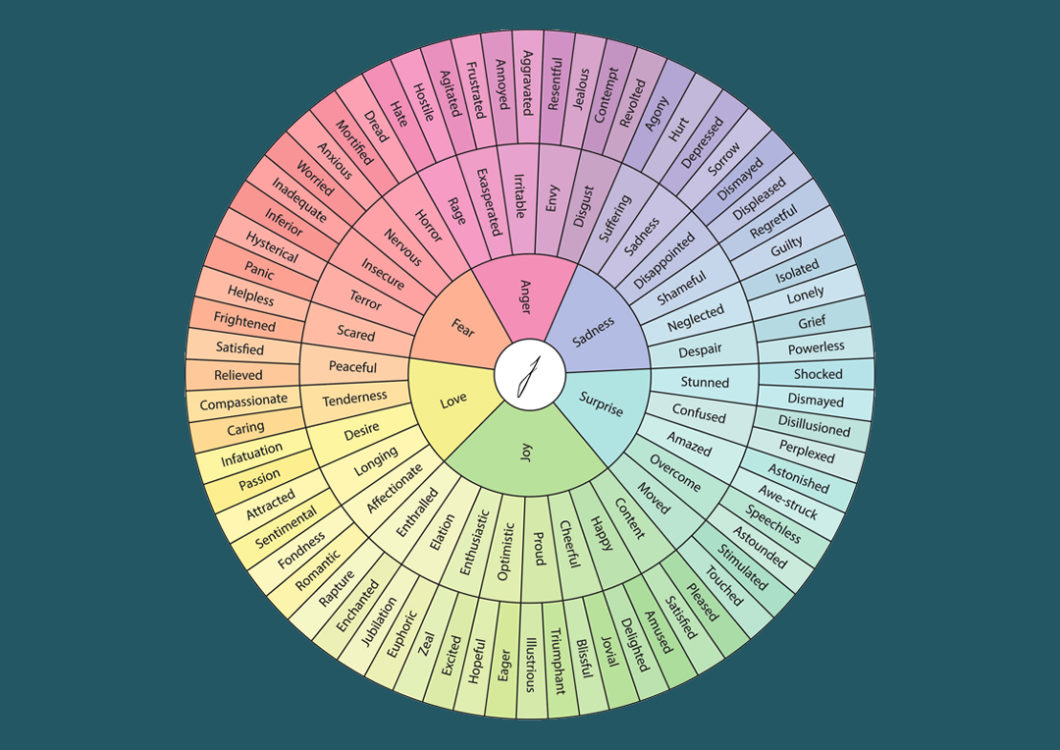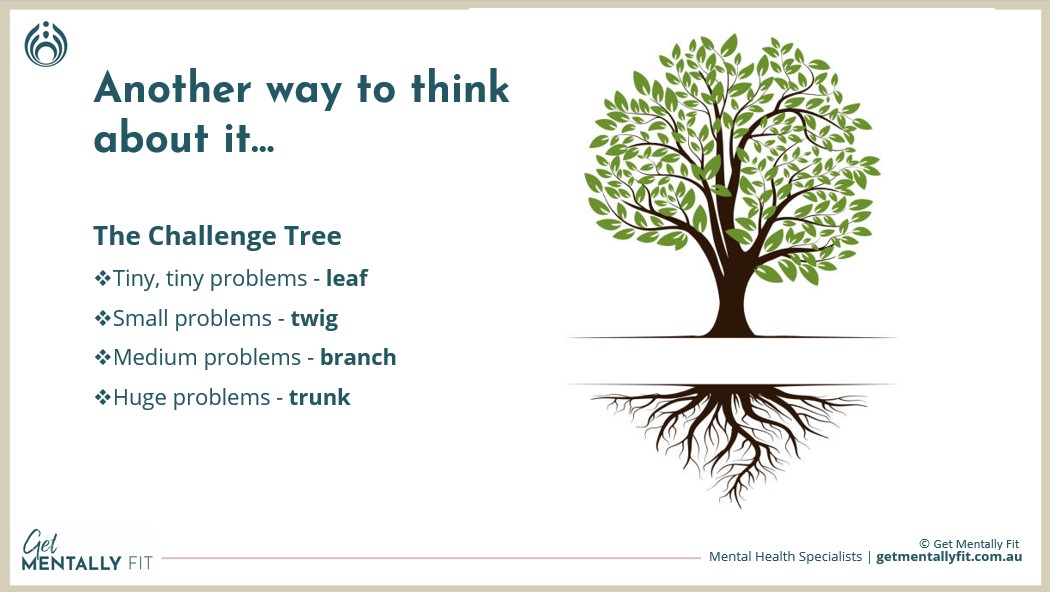Why emotional control?
Let’s face it, we all have moments, every day (good or bad), where we could handle or react to situations better. It could be when dealing with family, work colleagues, other drivers, reacting to something on the news or socials, the weather, watching a sporting match, or even getting a little too happy at a party. You no doubt have your own experiences to reflect on where you could have demonstrated more skill. This is where developing greater levels of emotional control can help you.
Having emotional control is a trait that allows you to feel that you can more effectively shape and influence what is happening to/around you. This trait is fundamental to consistently maintaining healthy mental wellbeing and realising personal and professional success.
Ultimately, your nervous system will thank you and you’ll subsequently enjoy improved physical health.
This doesn’t mean that if you have high levels of emotional control that you don’t experience emotions or you’re not emotionally sensitive (EQ). It’s more about your ability to manage your and other’s emotions. As a result, you will be more capable of making a difference, and achieving what is necessary to positively influence situations.
Low vs High levels of ‘Emotional Control’
Someone with low Emotional Control
- Let’s everyone know how they’re feeling
- Sees issues as their problem
- Internalise problems and the subsequent feelings that arise
- Shows discomfort when others ‘have a go at them’
- Use passive language and doesn’t feel they deserve what has happened to them
Someone with high Emotional Control
- Only reveal emotions to others that they want to show
- Sees issues as someone else’s/everyone’s problem
- Good and controlling and managing their and other’s emotions
- Stay calm in a crisis and believe they make their own luck
- High level of self-awareness and can detach them self from other’s emotions and feelings
Can you develop your Emotional Control?
We are all born with varying degrees of emotional control and we develop individual levels of this trait depending on life experiences and personal environmental factors. The simple answer is yes, we can proactively develop our emotional control. To do this requires us to commit to learning proven strategies and tools that can be used to regulate our emotional responses to our unique life experiences.
3 tools to improve your emotional control
These practical tools, which can easily be employed during your day, will ensure you can better self-regulate your emotions and nervous system. Like all mental fitness skills, the more you practice these strategies the more automated they’ll become in your life.
We trust you will experience the benefits of these tools as so many clients have previously.
1. Build Self-awareness
The more you can grow your self-awareness, by building your emotional vocabulary, the healthier overall wellbeing you will enjoy.
The benefits list goes on and on really.
The key is that the earlier we can recognize the signs in our bodies as feelings that need to be expressed, and the better we become at accurately identifying them, the better our chances at learning how to manage them.
Developing our emotional vocabulary greatly improves our ability to generate empathy with others, a quality highly desired in leadership and business. And of course the more we invest in strengthening our emotional vocabulary, the better our relationships will become with our partners, our children, our friends, our co-workers, and with ourselves.
The emotion wheel below is an ideal reference to refer to for building your emotional vocabulary. Practice using these emotional descriptors to better identify how you feel during daily experiences.

2. Reframing your thinking
The lens through which we choose to view the world dictates how we experience things and ultimately how these things affect how we feel, our behaviours, and our mental wellbeing. Therefore having the control to change the way we think about a situation will consistently change the way that situation affects us and ultimately how we feel.
We are what we think. All that we are arises with our thoughts. With our thoughts we make the world. BUDDHA
Sarah Edelman suggests that feelings are emotions (see diagram above) and we all have them and know how it feels when we’re happy, sad, excited, angry, embarrassed, grateful, disgusted or delighted. She identified that it’s hard to define exactly what feelings are and that we can say that most feelings are either pleasant or unpleasant.
Most of our behaviour is motivated by the desire to avoid unpleasant feelings and to experience more pleasant ones. She also acknowledges that regardless of whether we’re feeling delighted, disappointed or depressed depends on our thoughts and beliefs in relation to our situation.
Therefore by learning how to reframe our thinking, to ensure we respond more healthily to particular situations, will safeguard our mental and physical health and better position us to enjoy greater levels of work-life satisfaction.
3. Using The Challenge Tree
We have all experienced many situations where we have overreacted or we’ve been needlessly affected by an event.
Finding visual aids that help you keep situations in context can greatly help to regulate your emotions. This doesn’t mean suppressing your feelings and problems but identifying how big or small the problem really is. But always remember, ‘perspective is powerful’.
A healthier perspective will better safeguard you against the negative effects of life events that are potentially challenging to deal with.
We love the below analogy of the tree for framing just how significant an event is. Using this tool yourself, or using it with your children, allows you to be more mindful of the actual seriously of a situation.
Whilst life does throw trunks at us very occasionally, ensuring our perspective fits the event (very often we catastrophise) can protect our emotional wellbeing, health, and safety.
Next time you experience an event that effects you (negatively or positively) ask yourself: is this really a leaf, twig, branch or trunk problem? Then you can respond accordingly.

Getting Mentally Fit
It’s our belief that mental fitness needs to be treated like physical fitness. This means we need to learn strategies, like the tools above (‘the how’), that help us to manager our nervous system by being able to better react and respond to life events.
Join our mailing list or contact us to learn more practical ways to get mentally fitter, and enjoy higher levels of emotional control and life satisfaction.


